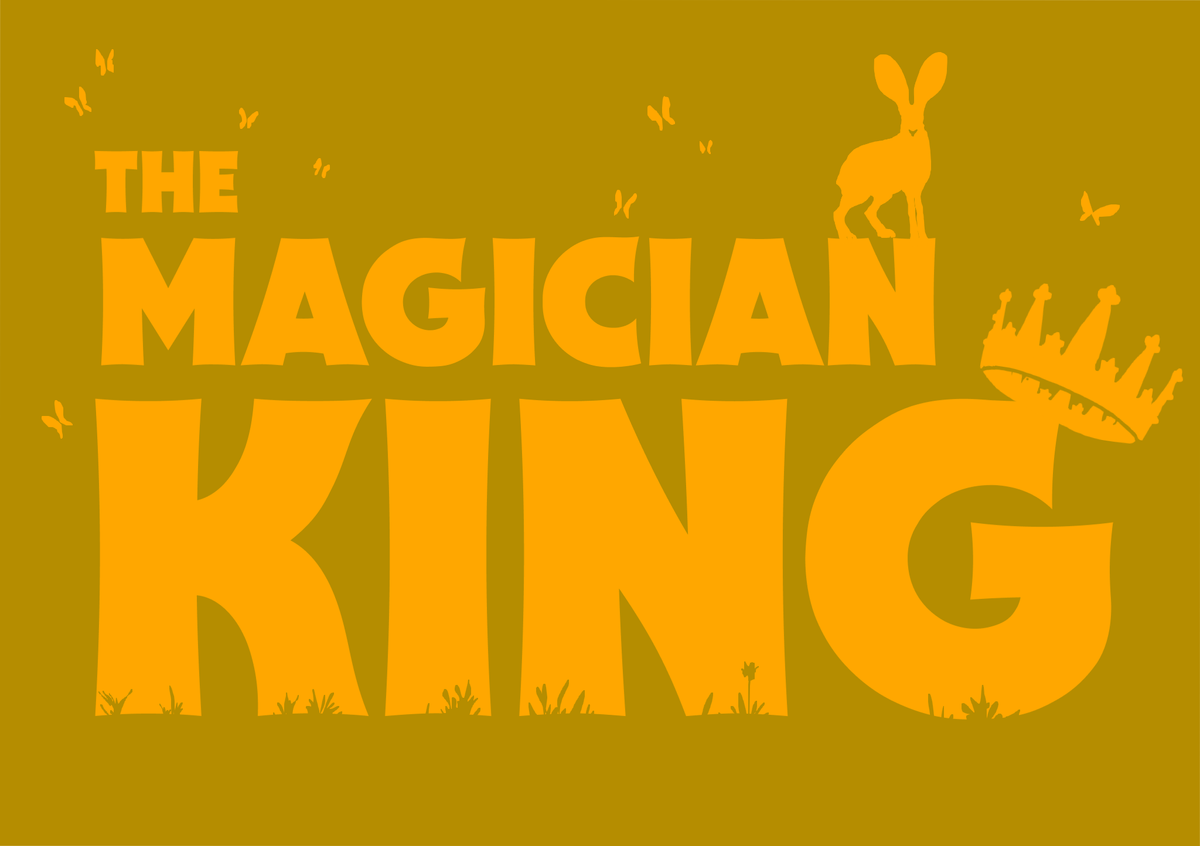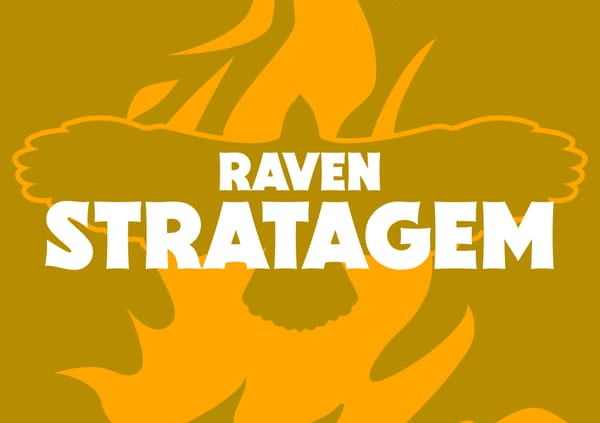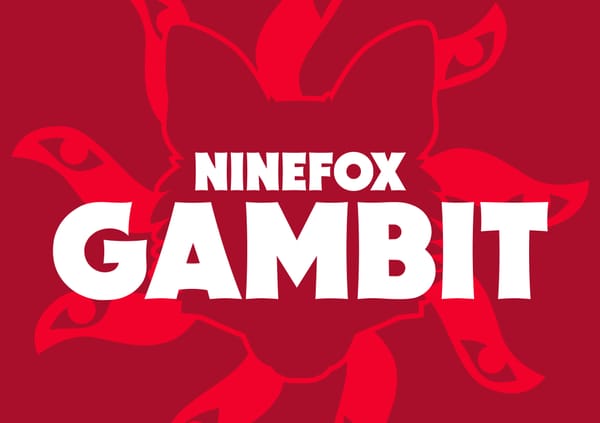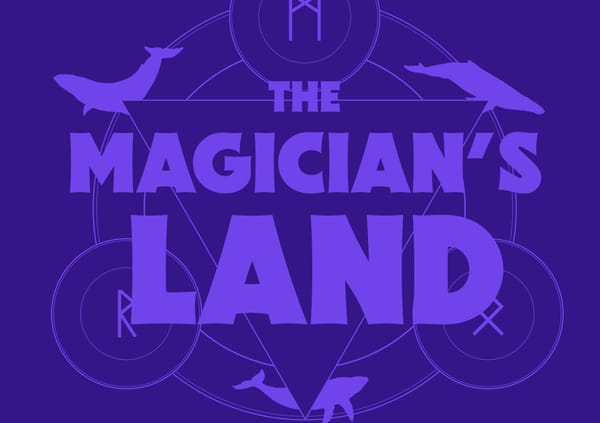The Magician King by Lev Grossman
The Magician King (The Magicians #2) was published on August 9, 2011 by Viking Press.

Check out the review of The Magicians (The Magicians trilogy #1).
Review Part One
Originally published on November 7th, 2021 on Instagram.
At the end of The Magicians, Quentin Coldwater, along with Eliot, Janet, and—most surprisingly—Julia, left Earth to become a king of Fillory, the magical land from the Fillory and Further books Quentin read as a kid.
The Magicians starts a couple of years after that, and switches between two plots.
One is the plot of Quentin who, in his typical fashion, grows restless in his life as a king and, disappointed with all that life has given him, decides there must be something bigger out there than all of…this. Quentin realizes that what would give his life true meaning is going on a quest. A real quest, filled with adventure and danger and everything else that a quest should entail. And Fillory, in its typical fashion, grants him this, if only to teach him an invaluable lesson about the nature of quests, hardship, and—most importantly—heroism.
In a return to form, the other plot takes us all the way back to the beginning of the first book and Julia’s magical journey, to the day Quentin and Julia parted ways after their Brakebills exam. Rejected, Julia goes back to her normal life until, quickly, she starts finding discrepancies caused by magic which was supposed to cover up and account for the time she lost while taking her exam. Obsessively, Julia digs deeper, feeling for seams in the fabric of reality that is her life, until she finds a string left by magic. A string that is the only thing keeping her reality seemingly seamless, the only thing keeping her life neat and tidy. And then she tugs on it. She tugs hard. And so, her life unravels. And Julia is plunged into the caustic underworld of hedge witches and savage magic.
Although they go on Quentin’s quest together, it is the story of Julia Wicker that kept me turning the pages. In the first book, Julia is only briefly mentioned at the beginning as a brilliant student and Quentin’s crush. We find out that she failed her Brakebills exam, and are surprised when, at the end of the book, she is one of the people who came to take Quentin back to Fillory. The fascinating story of how she got to be there is slowly revealed to us throughout this book.
Review Part Two
Originally published on November 14th, 2021 on Instagram.
In just four hundred pages, Lev Grossman tells a complete story spanning more than half a decade, two continents, and a complete secondary world, during which we meet characters new and old, all of them fleshed out and dynamic, with their own views and aspirations.
What allows him to do this is of course his writing style. I talked in my previous reviews of The Magicians about Lev Grossman’s unique and brilliant writing, but there is another aspect of it that I think is worth mentioning.
Lev’s writing is minimal in that it doesn’t dwell too much on any given scene, instead choosing to quite literally narrate the story and the scenes as they unfold. It is strange how fluent it is despite it being possible to, in essence, simply describe it as being a relaying of events of sorts, but in such a way that it doesn’t take away from the powerful conclusion to either Quentin’s quest or Julia’s journey. You might say that in choosing to employ such a style, Lev prevents us from meandering along an endless winding river, and instead tells us quite firmly that we are on a mission. Yes, the journey is important, but only so that we can understand its inevitable end.
The influence of The Chronicles of Narnia (among others) is even stronger here than it was in the first book, and one of the things that work really well with Lev’s writing style is his use of literary shorthand, as I like to call it. By describing Fillory in a certain way, he frames it as the in-universe equivalent of Narnia. In doing this, he frontloads a lot of information about his world without adding to the reader’s cognitive load. This way, he doesn’t have to do a lot of explaining about how Fillory itself works. You already know how it works. You know that Ember is the equivalent of Aslan, that the voyage of the Muntjac is a reference to Dawn Treader, and that this time around, instead of looking for the seven banished lords, we are looking for the seven keys that will save magic.





